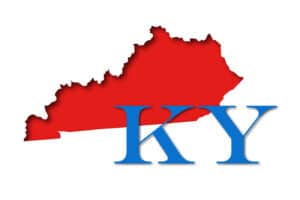The California Tax Credit Allocation Committee (CTCAC) has issued a memorandum to low-income housing tax credit property owners and managers announcing new policy changes for its 2010 compliance monitoring program. These new compliance monitoring policies for 2010 include:
- Over-charging Rents & Utility Allowances — If rent is over charged for a tax credit unit, the tax credit for that unit is disallowed for the entire year. CTCAC will require tenant rent history via rent ledgers for each unit randomly selected for compliance monitoring.
- Sub-Metering Utilities — CTCAC will require a number of documents for tax credit projects where utilities are sub-metered, including a copy of the master bill, tenant billing statements, lease language and a visual check to verify sub-metering.
- Mass Recertification — For each move-in, the owner/manager must submit a 1st year recertification on the move-in anniversary date before the unit can be moved to the Mass Recertification cycle.
- ARRA Funded Projects — Projects funded by ARRA (federal stimulus) funds are considered regular tax credit projects and will be monitored with exactly the same protocols as the existing tax credit portfolio. In addition, ARRA funded projects will be subject to asset management reviews.
- File Noncompliance for Cash Payments — Tenant files indicating annual income via cash payments must contain the most current tax return or a completed IRS Forum 4506-T to verify non-filing status, as well as a statement from the employer verifying the employee’s title, duties and hourly/weekly/monthly wage payments in cash.
- The Work Number — For outside employment verification, the “work number” will no longer suffice. Tenant files must contain 3rd party verification for wage earners in the form of a Verification of Employment (VOE) as well as three months of consecutive pay stubs.
- Physical Inspection Lockouts — Units where management has no keys to some or all units randomly selected constitute an automatic fail. Management must then provide written certification that a key to the unit(s) have been obtained and certify that the unit(s) has been inspected.
- Vacant Units in Uninhabitable Condition — Any vacant unit not in habitable condition (vacant for more than two months) will be considered not in compliance.



